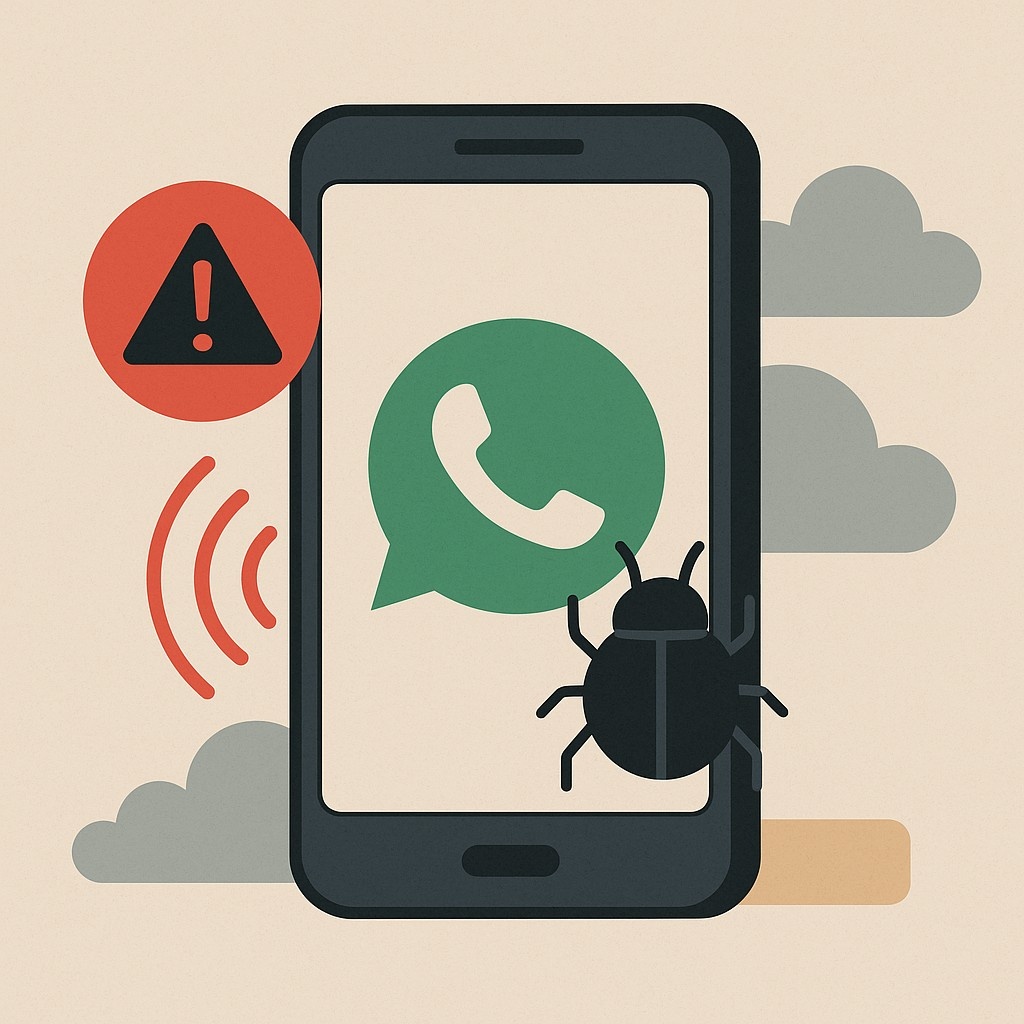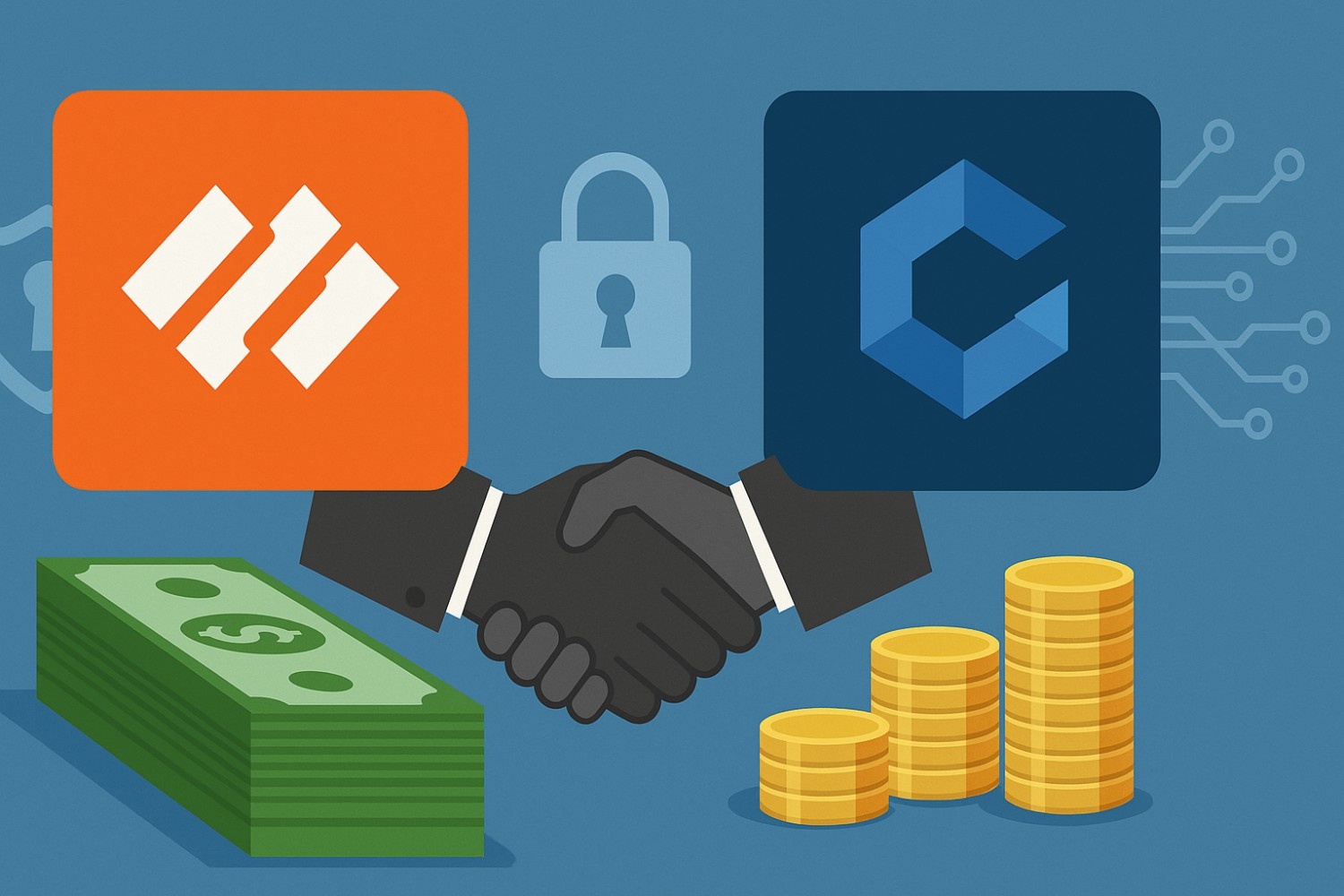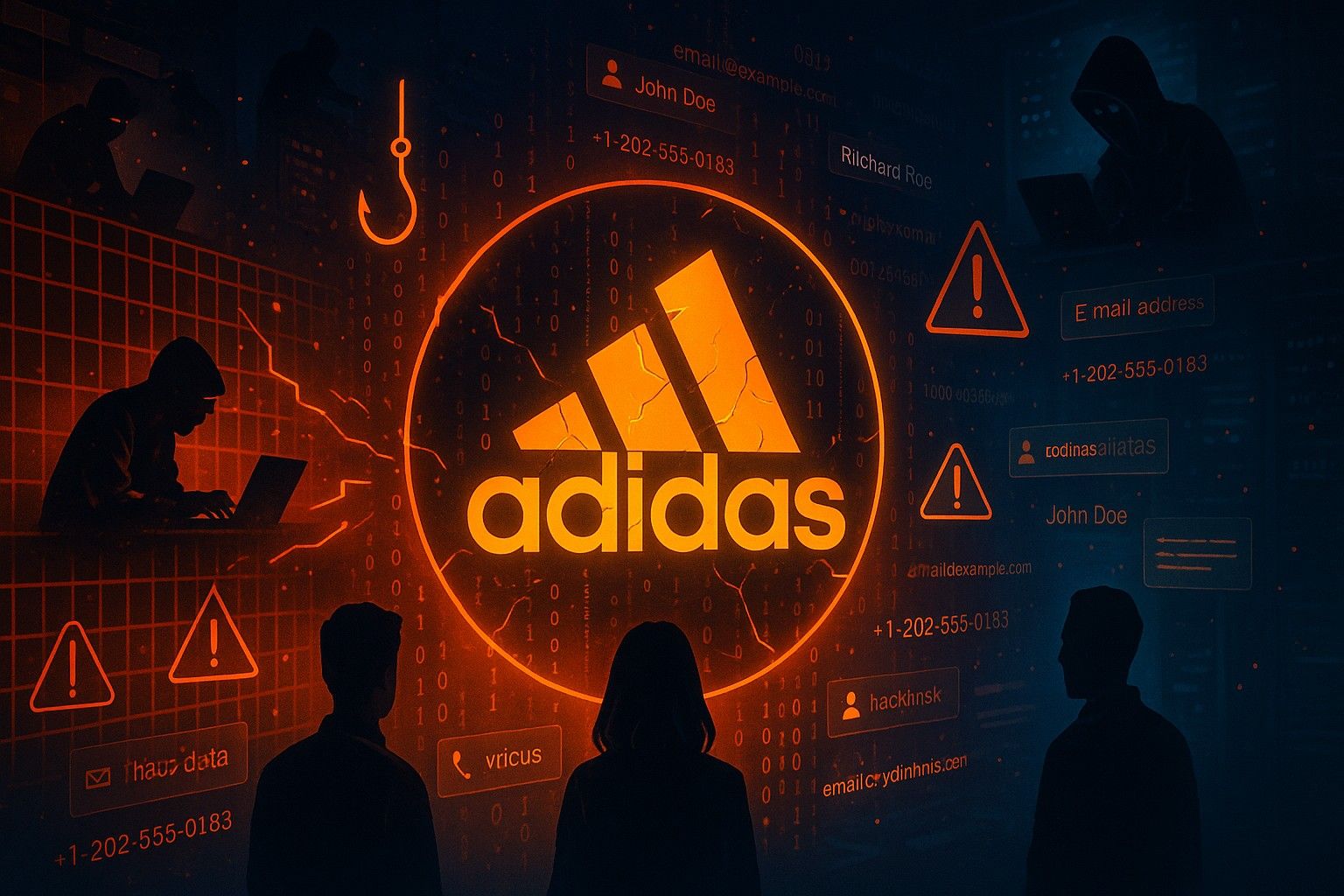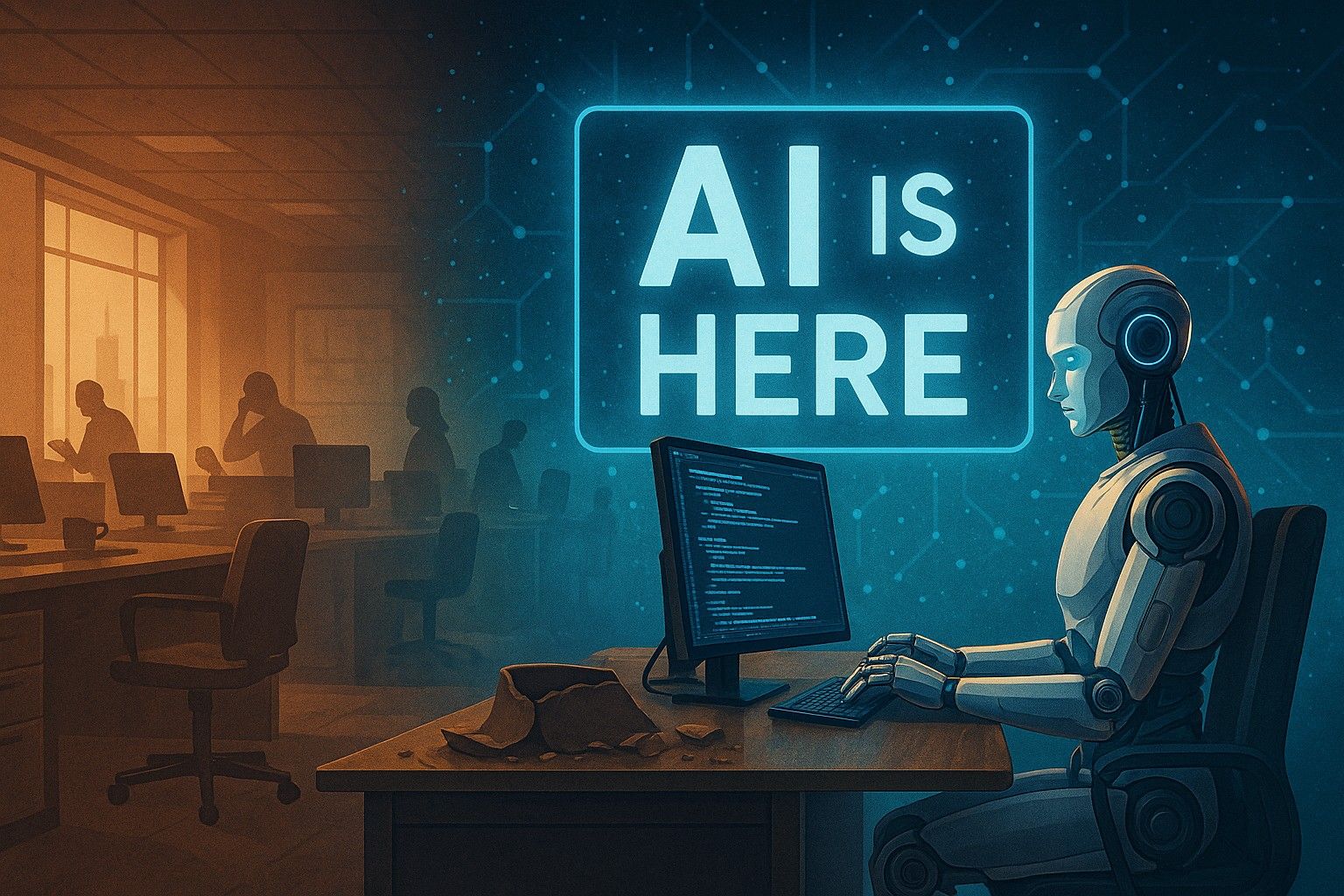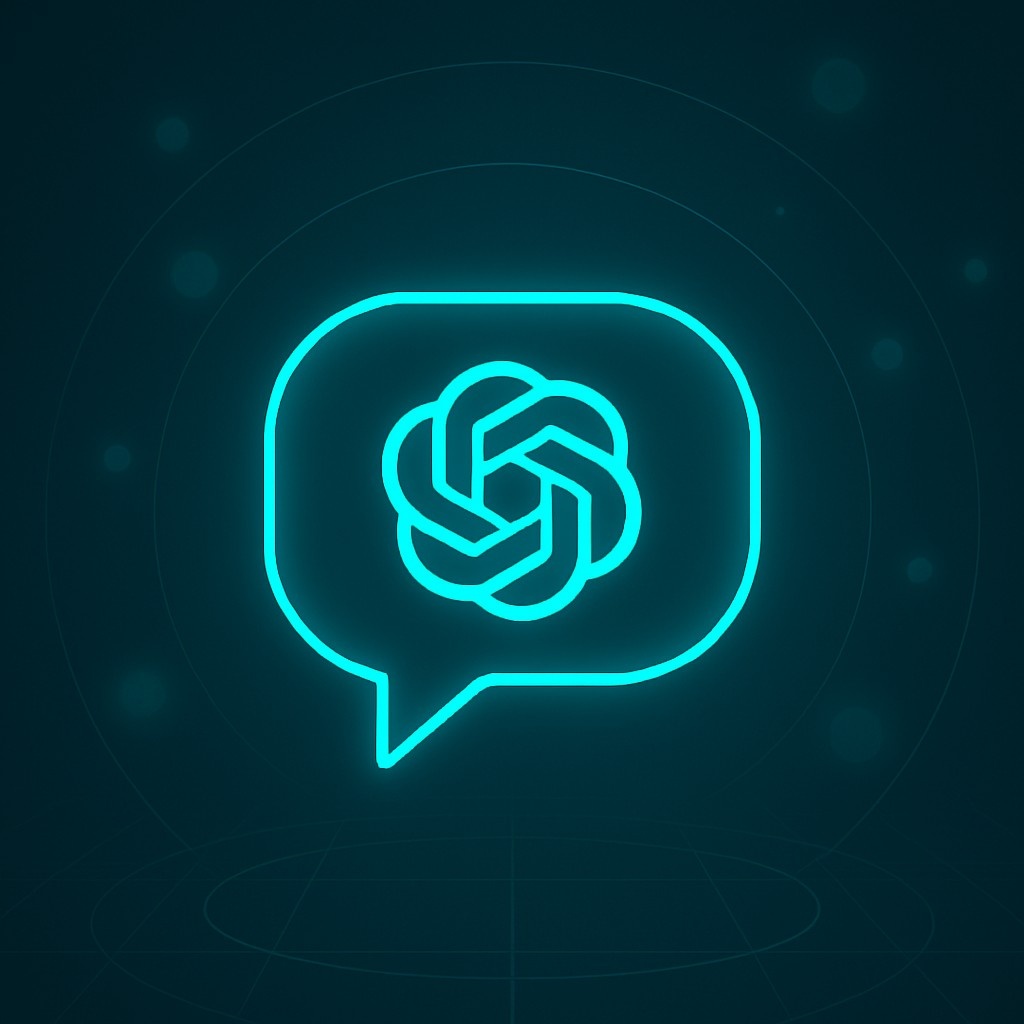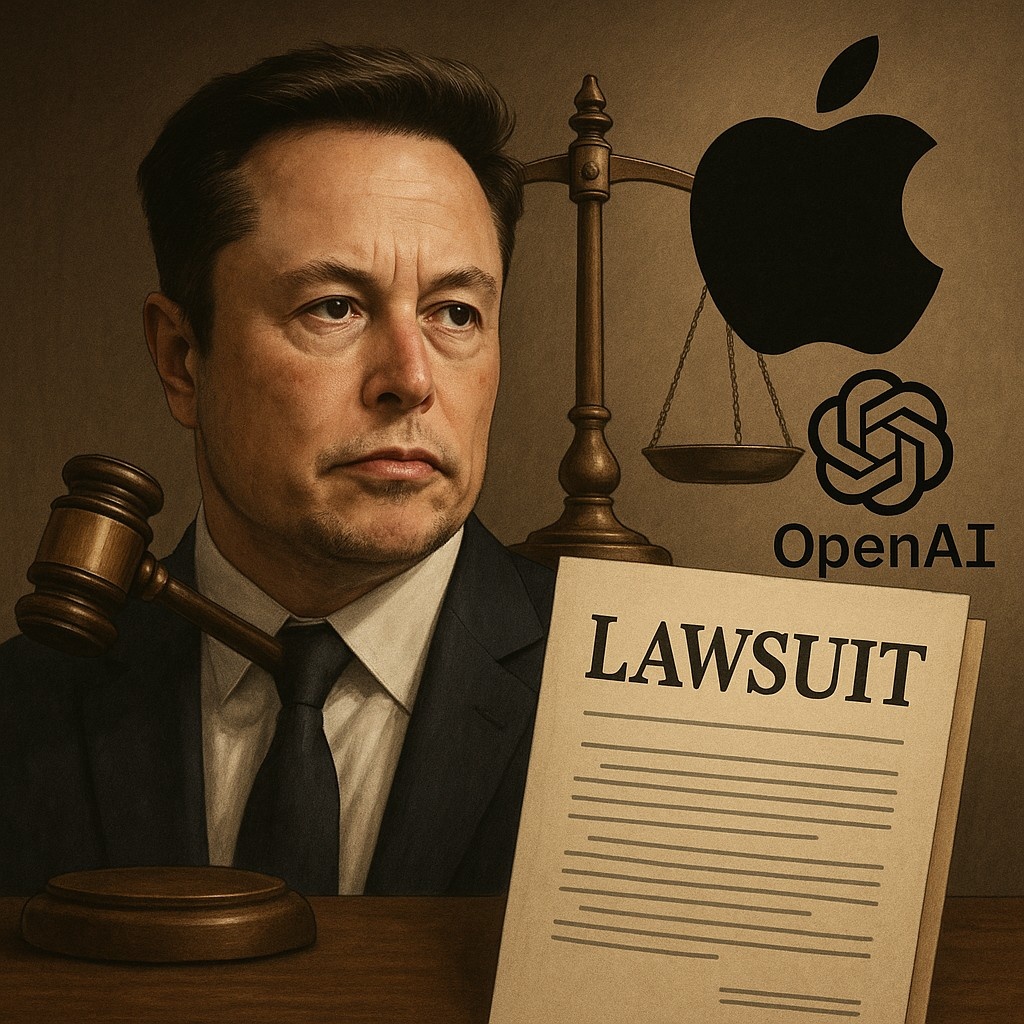AI-Driven Job Scams on the Rise: A Serious Threat to Today’s Job Seekers
Job hunting in 2025 has never been more advanced — or more dangerous. As artificial intelligence becomes more powerful and accessible, a new wave of AI-driven job scams is spreading fast, targeting vulnerable job seekers with tools that mimic real companies, recruiters, and interviews with shocking accuracy.
This isn’t just phishing emails anymore. Scammers now use AI to create fake job listings, impersonate recruiters, and even conduct fake Zoom interviews using deepfake tech. And it’s working.
In April 2025, cybersecurity researchers and federal agencies confirmed what many suspected: AI is now fully embedded in employment scams — and it’s catching people off guard.
What These New AI Scams Look Like
The scams today look nothing like they used to.
Before: you’d get a sketchy email from “HR” offering a job you never applied for, with typos and weird links.
Now: scammers build entire fake hiring funnels using tools like:
- AI-written job descriptions
- Chatbot recruiters on LinkedIn
- Fake company career portals
- Deepfake videos of fake hiring managers
Some scams even use synthetic voices to call applicants and conduct “interviews.”
One cybersecurity firm shared a real case where a job seeker was deepfaked on a live video call — the scammer used AI to impersonate a real recruiter, matching the person’s voice and face from a public LinkedIn profile. It worked, right until the moment the scammer slipped up and the interviewee noticed something was off.
Why This Is Happening Now
There are three reasons why AI-powered job scams are exploding in 2025:
-
AI Tools Are Cheap and Easy
Anyone can use tools like ChatGPT, ElevenLabs, or deepfake video generators. Scammers no longer need coding skills. They just need access and time.
-
Remote Hiring is the Norm
With more companies hiring online, people don’t question virtual interviews or chat-based onboarding anymore. That makes it easier for scams to blend in.
-
Desperate Job Seekers = Easy Targets
With economic uncertainty, layoffs in tech, and rising living costs, many job seekers are more vulnerable and willing to believe good news when it comes fast.
The Numbers Are Alarming
- According to the FTC, job and employment scams tripled between 2020 and 2024
- In 2024 alone, Americans lost $501 million to job-related fraud
- A 2023 survey by the Identity Theft Resource Center found that AI-driven job scams rose by 118% year-over-year
- Experts say 2025 is on track to shatter previous records
And these numbers only reflect the reported cases. Many victims never come forward — either out of embarrassment or because they don’t even realize they’ve been scammed.
How These Scams Actually Work
Here are the most common types of AI-powered job scams circulating in 2025:
-
Fake Job Listings on Real Platforms
Scammers post jobs on Indeed, LinkedIn, or niche job boards using AI-written descriptions that look legit. You apply. Then they email you from a “company domain” — which turns out to be a spoof.
-
Fake Recruiters on LinkedIn
These profiles look real. Professional photos, job titles, mutual connections. They reach out with AI-generated messages that mimic corporate tone perfectly. Then they ask for personal info “for onboarding” or send phishing links.
-
Deepfake Interviews
Some scammers are using AI to run Zoom or Google Meet interviews with deepfaked faces and voices. It looks like a real person — but it’s not.
-
Upfront Payment Traps
These scams eventually ask for “equipment fees,” “training deposit,” or “tax paperwork processing” — and vanish once you pay.
-
Resume and Identity Harvesting
Some fake hiring portals are set up solely to harvest your resume, phone number, and personal documents — and sell them on the dark web.
Who’s Most at Risk?
Scammers target:
- Fresh graduates
- Laid-off workers
- Remote job seekers
- Non-native English speakers
- Gig workers applying for contract roles
Basically, anyone who’s actively looking and eager to land something fast.
And because these scams look more professional now — branded websites, follow-up emails, real-time chat — even experienced professionals are falling for them.
How to Spot the Red Flags
It’s getting harder to tell real from fake. But here are some simple checks that still work:
- Google the job post – If it’s not on the company’s official careers page, be suspicious
- Verify recruiter identity – Check for multiple employees on LinkedIn. Real recruiters have connections, activity, and endorsements
- Don’t give sensitive info early – No legit employer asks for your SSN, bank account, or ID before a written offer
- Check the email domain – Does it come from @companyname.com, or something weird like @company-jobs-hr.us?
- Be skeptical of instant offers – If you “get the job” within 5 minutes of applying, something’s off
What To Do If You’ve Been Targeted
- Stop communicating immediately
- Change passwords on your email and any shared accounts
- Report the scam to the platform (LinkedIn, Indeed, etc.)
- File a complaint with the FTC or local cybercrime authority
- If you shared financial info, contact your bank and monitor for fraud
And don’t be embarrassed. These scams are getting harder to spot, and you’re not alone.
What Companies and Platforms Must Do
Job boards, tech companies, and HR teams also need to step up:
- Verify posts and recruiter accounts
- Educate users on AI scams regularly
- Use AI to catch AI – LinkedIn, for example, now uses machine learning to detect fake recruiters
- Add multi-factor identity verification to prevent spoofed HR profiles
Some companies now even offer interview authentication tech — like real-time motion prompts to spot deepfakes — but these tools are still rare.
Final Thoughts
AI is transforming how we find and apply for jobs — but it’s also giving scammers their most powerful weapon yet. As the tech improves, so do the scams. And in 2025, the cost of letting your guard down could mean your data, your money — or worse, your career.
If a job sounds too good to be true, take a breath, check the source, and don’t rush.
Because in the AI age, even a Zoom call can be a lie.



